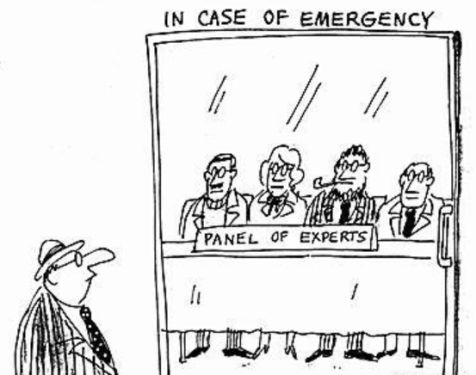Last week, Michael Bennett proposed an ‘ad-hominem attack’ on non-consequentialism. He suggested, quite plausibly, that philosophers and political theorists tend to produce work that is complex, at least partially because ‘[p]romotion and prestige requires a constant stream of publications’ and it is ‘difficult to keep that up unless you have complex theories that require a great deal of elaboration’. This provides support for a kind-of debunking argument against contemporary anti-consequentialism:
It does seem awfully suspicious that the normative realm would turn out to be so complicated, given our career incentives to make it look complicated. I think we have reason to be less confident in complex philosophy as a result, and less confident in anti-consequentialism in particular.
I think it’s clear that among academic philosophers there is a tendency to overcomplicate things. This applies to philosophers of all stripes and backgrounds, but is perhaps particularly jarring among philosophers of the ‘analytic’ or ‘Anglo-American’ tradition, given our avowed focus on analysis, logic argument and rigour (this characterization of the analytic tradition can and has been questioned, but let’s go with it for the time being). Indeed, the focus on providing logical arguments for our positions seems to me to contribute significantly to this tendency towards complexity, often at the cost of clarity.
But to get to the point – does this institutional and epistemic bias in favour of complexity provide an argument (debunking or otherwise) against anti-consequentialism? I’m not sure that this is the case.
(more…)








